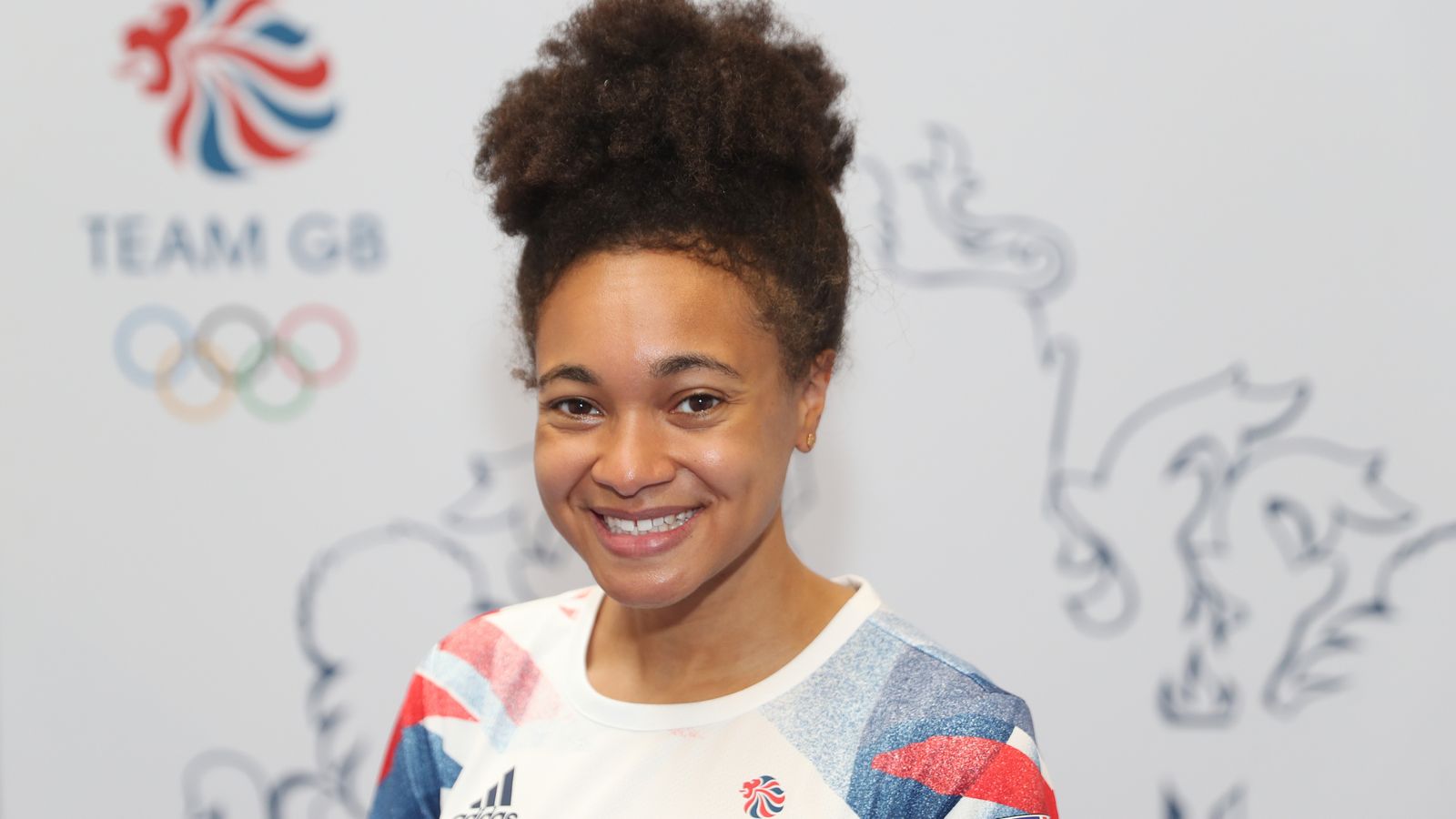Swimming caps created by a black-owned brand, which are designed to protect natural black hair, will not be permitted at the Tokyo Olympics this summer.
The headwear, made by Soul Cap, has been rejected by the International Swimming Federation (FINA) because the caps do not fit “the natural form of the head”.
The body said that to its “best knowledge, the athletes competing at the international events never used, neither require to use, caps of such size and configuration”.
A huge thanks to all who have supported us and our work so far. We don’t see this as a set back, but a chance to open up a dialogue to make a bigger difference in aquatics.
Michael & Toks#SwimForAll pic.twitter.com/nMiS5cEHXI
Soul Cap had previously partnered with Alice Dearing, who qualified for this summer’s Olympics last week to become the first-ever black female swimmer to represent Team GB.
Dearing is also co-founder of the Black Swimming Association (BSA), which said it is “extremely disappointed” by FINA’s decision.
It said: “Just over a week after we celebrated the success of Alice Dearing, becoming the first black woman to represent Team GB in swimming at the Olympic Games, we are extremely disappointed to learn about FINA’s decision.
“It’s one we believe will no doubt discourage many younger athletes from ethnic minority backgrounds from pursuing competitive swimming.
“We believe this statement made by FINA confirms what we already know: the lack of diversity in elite swimming and in the higher positions in global aquatics and the lack of urgency for change.
“We stand with Soul Cap and the other businesses, charities, organisations and individuals who are putting in the work to diversify aquatics. FINA and the global aquatics sector must do better.”
We believe this statement confirms the lack of diversity in elite swimming and the lack of urgency for change.
The BSA was founded to diversify aquatics and to encourage more people from ethnically diverse communities to learn to swim.
Recent figures from Sport England show that 95% of black adults and 80% of black children in England do not swim at all, and only 1% of registered swimmers with the governing body identify as black or mixed race.
Soul Cap, which was founded in 2017, added the decision could “discourage many younger athletes from pursuing the sport”.
“We feel there’s always room for improvement, but there’s only so much grassroots and small brands can do – we need the top to be receptive to positive change,” Soul Cap said.
Dearing was selected for Team GB after qualifying fourth of 47 in an event heat in Portugal last month, becoming the first black female swimmer to represent Great Britain.
Kevin Burns, in 1976, was Britain’s first black male Olympic swimmer.
He was followed by Paul Marshall, who competed in the 1980 Games in Moscow, and Dearing will be only the third Black British swimmer of either sex to reach that level.






















